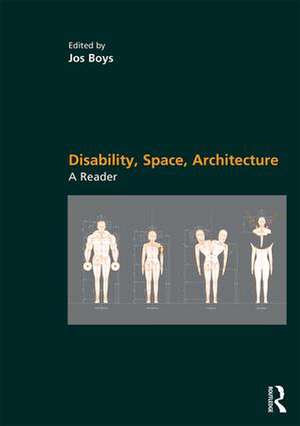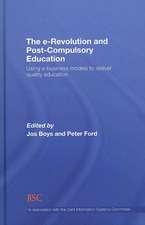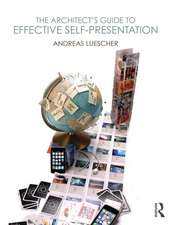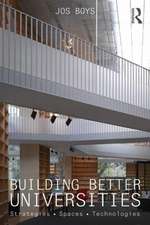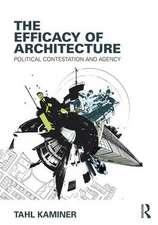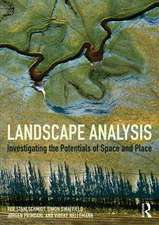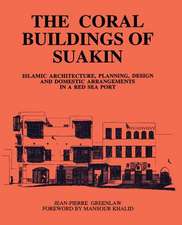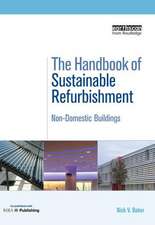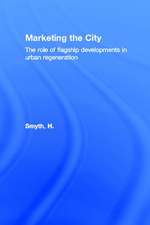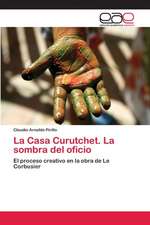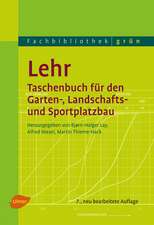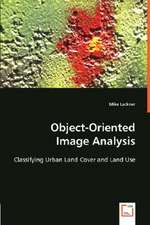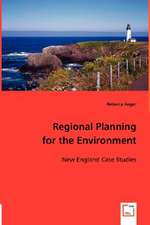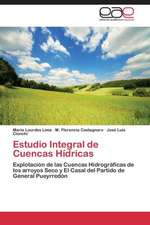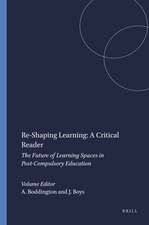Disability, Space, Architecture: A Reader
Editat de Jos Boysen Limba Engleză Paperback – 15 feb 2017
Richer approaches to disability – beyond regulation and design guidance – remain fragmented and difficult to find for architectural and built environment students, educators and professionals. By bringing together in one place some seminal texts and projects, as well as newly commissioned writings, readers can engage with disability in unexpected and exciting ways that can vibrantly inform their understandings of architecture and urban design.
Most crucially, Disability, Space, Architecture: A Reader opens up not just disability but also ability – dis/ability – as a means of refusing the normalisation of only particular kinds of bodies in the design of built space. It reveals how our everyday social attitudes and practices about people, objects and spaces can be better understood through the lens of disability, and it suggests how thinking differently about dis/ability can enable innovative and new kinds of critical and creative architectural and urban design education and practice.
| Toate formatele și edițiile | Preț | Express |
|---|---|---|
| Paperback (1) | 335.99 lei 6-8 săpt. | |
| Taylor & Francis – 15 feb 2017 | 335.99 lei 6-8 săpt. | |
| Hardback (1) | 1051.54 lei 6-8 săpt. | |
| Taylor & Francis – 23 feb 2017 | 1051.54 lei 6-8 săpt. |
Preț: 335.99 lei
Preț vechi: 435.46 lei
-23% Nou
Puncte Express: 504
Preț estimativ în valută:
64.30€ • 66.88$ • 53.08£
64.30€ • 66.88$ • 53.08£
Carte tipărită la comandă
Livrare economică 14-28 aprilie
Preluare comenzi: 021 569.72.76
Specificații
ISBN-13: 9781138676435
ISBN-10: 1138676438
Pagini: 342
Ilustrații: 1 Tables, black and white; 18 Line drawings, black and white; 50 Halftones, black and white
Dimensiuni: 174 x 246 x 20 mm
Greutate: 0.78 kg
Ediția:1
Editura: Taylor & Francis
Colecția Routledge
Locul publicării:Oxford, United Kingdom
ISBN-10: 1138676438
Pagini: 342
Ilustrații: 1 Tables, black and white; 18 Line drawings, black and white; 50 Halftones, black and white
Dimensiuni: 174 x 246 x 20 mm
Greutate: 0.78 kg
Ediția:1
Editura: Taylor & Francis
Colecția Routledge
Locul publicării:Oxford, United Kingdom
Public țintă
Postgraduate, Professional, and UndergraduateCuprins
Introduction Part 1: Histories/Narratives 1. David Serlin (2006) "Disabling the Flaneur" 2. Rob Imrie (1999) "The Body, Disability and Le Corbusier’s Conception of the Radiant Environment" 3. Paul Hunt (1966) "A Critical Condition" 4. Liz Crow (2013) "Lying Down Anyhow: Disability and the Rebel Body" 5. Rod Michalko (2015) "Blinding the power of sight" Part 2: Theory and Criticism 6. Tobin Siebers (2006) " Disability Aesthetics" 7. Tanya Titchkosky and Rod Michalko (2012) "The Body as a Problem of Individuality: A Phenomenological Disability Studies" 8. Aimi Hamraie (2013) Excerpt from "Designing Collective Access: A Feminist Disability Theory of Universal Design" 9. Kent J. Fitzsimons (2016) "More than access: overcoming limits in architectural and disability discourse" 10. Jay Dolmage "From Retrofit to Universal Design, from Collapse to Occupation: Neo-Liberal Spaces of Disability." Part 3: Education 11. Stefan White "Including architecture: What can a body do?" 12. Jos Boys "Diagramming for a dis/ordinary architecture" 13. Margaret Price (2016) "Un/shared Space: The Dilemma of Inclusive Architecture" 14. Aaron Williamson (2010) "The Collapsing Lecture" Part 4: Technologies/Materialities 15. Peter Anderberg (2006) "Where does the person end and the technology begin?" 16. S. Lochlann Jain (1999) "The Prosthetic Imagination: Enabling and Disabling the Prosthetic Trope" 17. Bess Williamson (2012) "Electric Moms and Quad Drivers. People with Disabilities Buying, Making and Using Technology in Post-War America" 18. David Serlin (2010) "Pissing without Pity: Disability, Gender and the Public Toilet" 19. Ingunn Moser (2006)"Disability and the promises of technology: Technology, subjectivity and embodiment within an order of the normal" Part 5: Practices and Projects 20. Todd Byrd (2007) "Deaf Space" 21. Amanda Cachia (2016) "Along Disabled Lines: Claiming Spatial Agency in Installation Art" 22. Thea MacMillian with Katie Lloyd-Thomas (2016) "The Ramp House: Building Inclusivity" 23. Sophie Handler (2008) "Resistant Sitting" 24. Sara Hendren "Slope: Intercept: Notes On An Inclined Plane" References Contributors Index
Notă biografică
Jos Boys trained in architecture and has worked as a journalist, researcher, academic and community-based practitioner. As a non-disabled person she is particularly interested in how architects and other built environment professionals can act creatively and responsively as designers and policy-makers without misrepresenting or marginalising disabled people. Her previous book, Doing Disability Differently: An Alternative Handbook on Architecture, Dis/ability and Designing for Everyday Life, grew out of a series of collaborations between disabled artists and architects, through a group she co-founded called Architecture-Inside Out. Previously Jos has written extensively about feminism and architecture. She was co-founder of Matrix, a feminist architectural design and research practice, and has been a member of the TakingPlace art and architecture collective.
Recenzii
"This diverse collection of essays proposes creative and critical ways of engaging in disability studies within the field of architecture. From rethinking technologies and design practices to reframing dis/ability across the theoretical and historical discourses of architecture, it challenges dominant assumptions about the embodied occupation of designed environments. Instead of simply framing disability as a problem to be solved by way of regulations and universal spatial solutions, embodied dis/abilities are explored as opportunities rather than impediments to design thinking and socio-spatial awareness." - Dr Hélène Frichot, KTH (Royal Institute of Technology), Sweden
"Disability, Space, Architecture: A Reader is a critical and thought provoking collection of essays broadening the potential of dis/ability studies for designers, educators and academics. Seeking to radically relocate disability front and center within architectural discourse, the Reader positions disability as a transformative place to design and educate from. For the built environment to become more responsive and inclusive, we must not only acknowledge but also conceptualize differently the relationship between heterogeneous bodies and space as far more complex and intersectional, providing a trove of under examined spatial potential." - Lori A. Brown, Professor, School of Architecture, Syracuse University, USA
"This brilliant gathering of texts, both synthetic and surprising, should be taught in every architecture and design program, and it may well become the new standard text for interdisciplinary disability studies courses generally." - Susan Schweik, Professor of English and Disability Studies, UC Berkeley, USA
"Disability, Space, Architecture: A Reader is a critical and thought provoking collection of essays broadening the potential of dis/ability studies for designers, educators and academics. Seeking to radically relocate disability front and center within architectural discourse, the Reader positions disability as a transformative place to design and educate from. For the built environment to become more responsive and inclusive, we must not only acknowledge but also conceptualize differently the relationship between heterogeneous bodies and space as far more complex and intersectional, providing a trove of under examined spatial potential." - Lori A. Brown, Professor, School of Architecture, Syracuse University, USA
"This brilliant gathering of texts, both synthetic and surprising, should be taught in every architecture and design program, and it may well become the new standard text for interdisciplinary disability studies courses generally." - Susan Schweik, Professor of English and Disability Studies, UC Berkeley, USA
Descriere
The book offers many new ideas, methods and built examples to architectural and urban design educators, students and practitioners; and to wider audiences who want to think about disability and built space differently.
